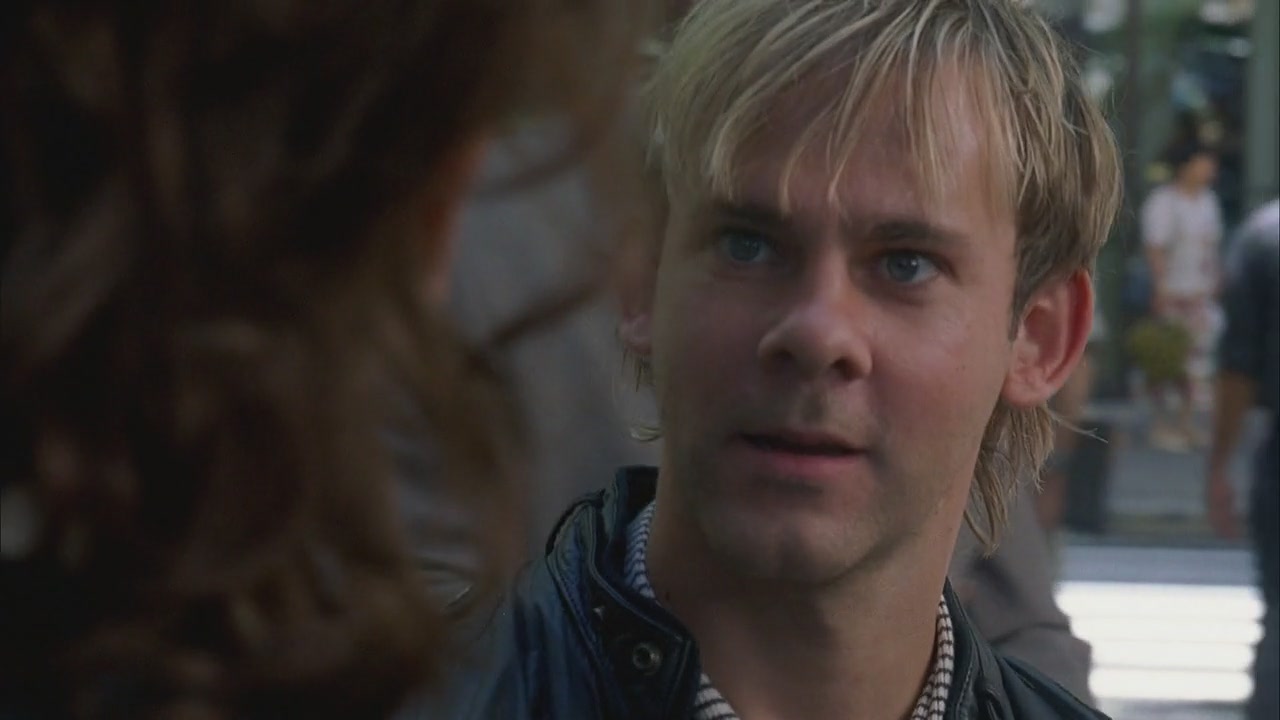

Moving shadows in the jungle could mean dinner or it could mean becoming dinner-either way, it pays to pay attention.

Evolution trained our brain to notice novelty. Dartmouth College neuroscientist and time researcher Peter Tse offered another explanation. The fall doesn’t seem to take longer while you’re falling you just remember it that way. At first Eagleman was disappointed, but then he realized that the results indicated that time dilation is, in fact, a misremembered experience. Their brains didn’t actually perceive time at a slower rate. Every subject felt as if the experience lasted longer than it really did-the average estimate was closer to 4 seconds than the actual 2.6-but they could read the chronometer no better while falling than they had with two feet on the ground. “Another null effect.” In the initial round of testing, he ran 23 subjects through the high dive (one was excluded because she shut her eyes on the way down). I hit the net harder than I had prepared myself for, but I’m intact, and I sheepishly report my experience to Eagleman. That’s when he decided that dropping people off a tower could be the way to figure all this out. Eagleman remembered falling off a roof as a kid and how time seemed to stretch out forever in what was really only an instant. But they first need to know if the system is truly capable of varying the rate at which it interprets the data. Because of this, most scientists in the field have moved on to solving how parts of the brain work together to produce a single representation of time. Similar tests backed up his results, indicating that-unlike speech, which is processed in Broca’s area, or vision, which the occipital lobe handles-our sense of time is not centralized. This suggested that the brain maintains at least two separate versions of time, a master clock that feeds you a perception of the now, and another that is constantly at work tidying up that perception. He found that when people experience the time delays, there is a boost of activity in the anterior cingulate cortex, which activates only when different parts of the brain process conflicting information. Eagleman had dozens of people play 9 Square while he scanned their brains with a functional-MRI machine.


 0 kommentar(er)
0 kommentar(er)
